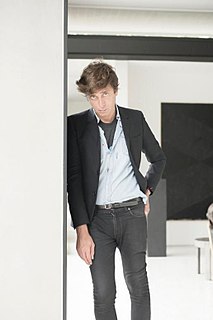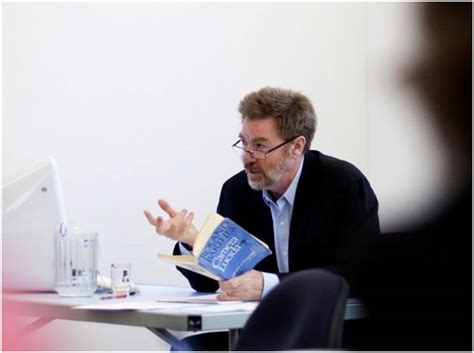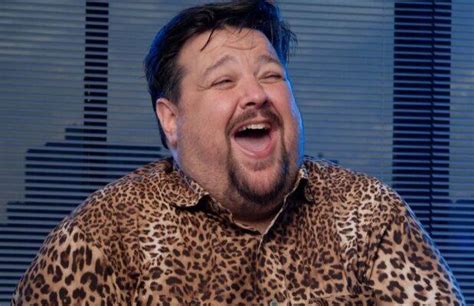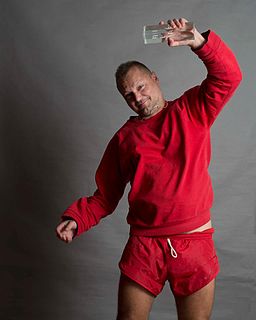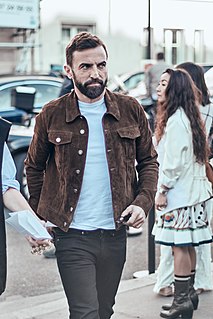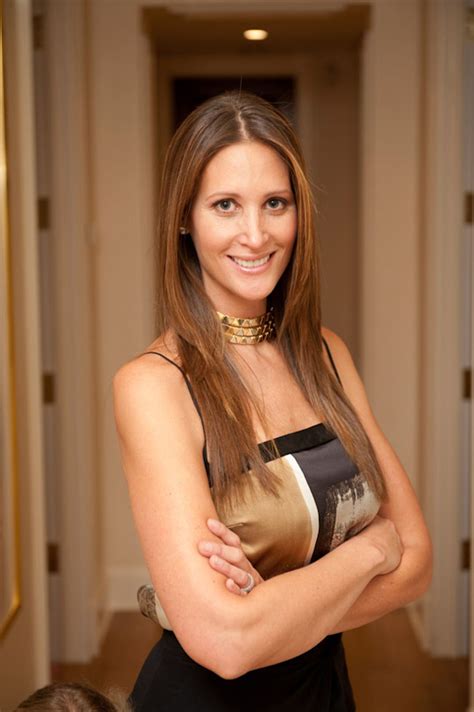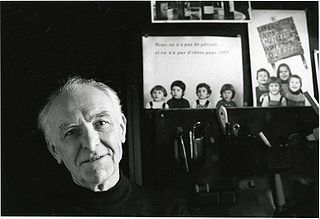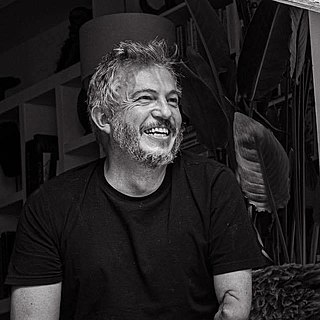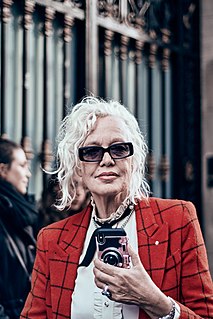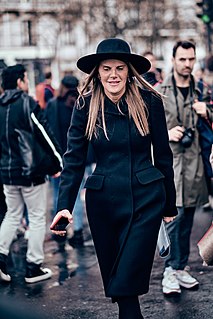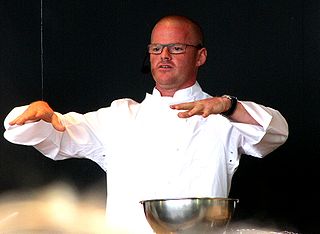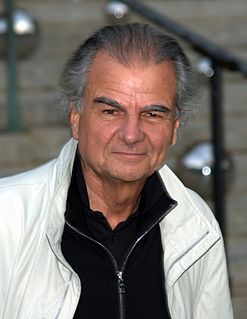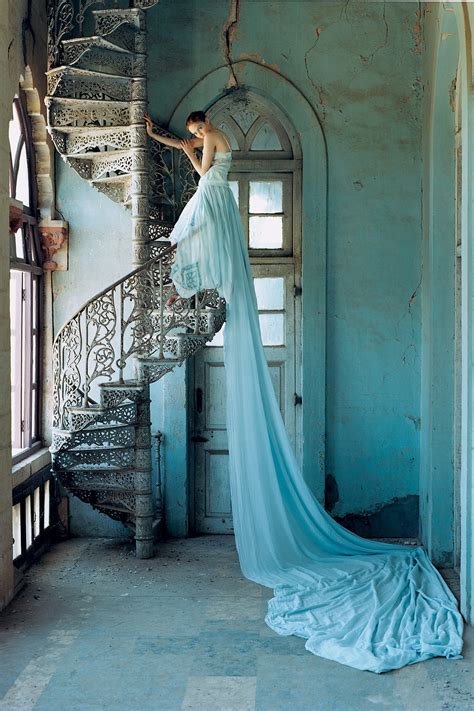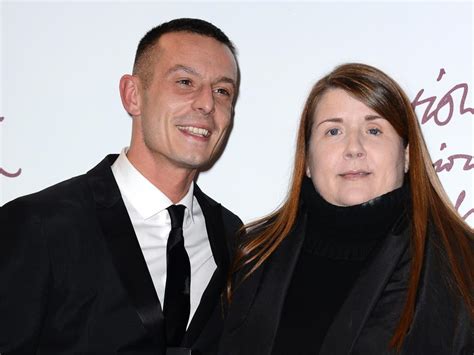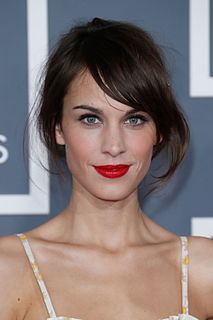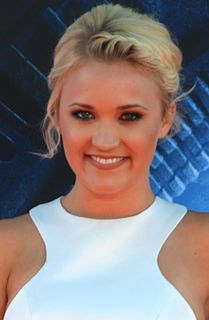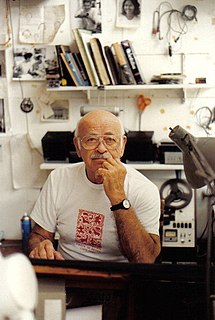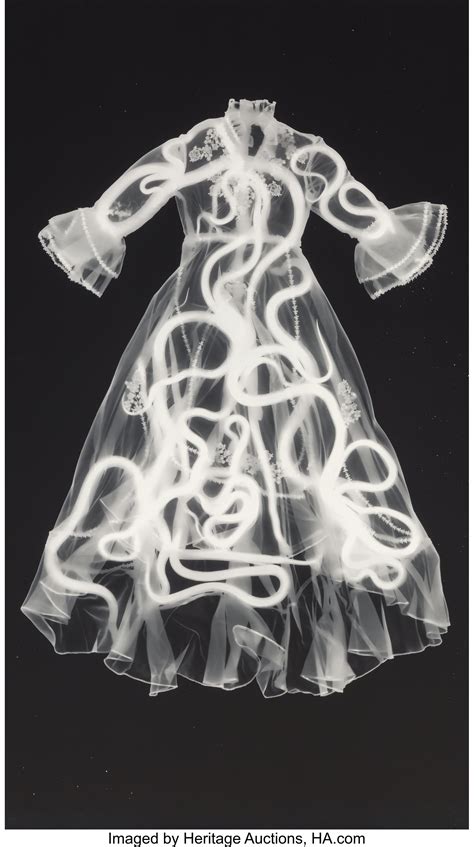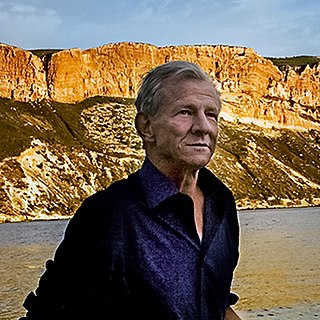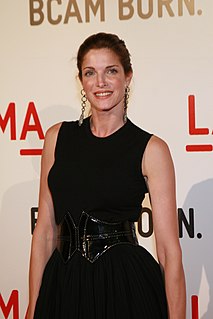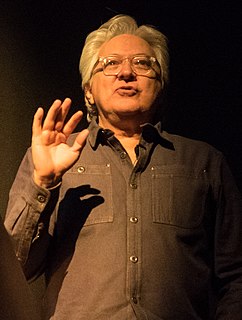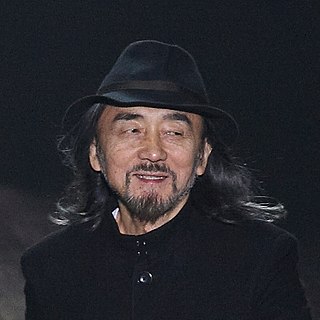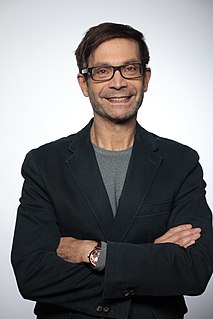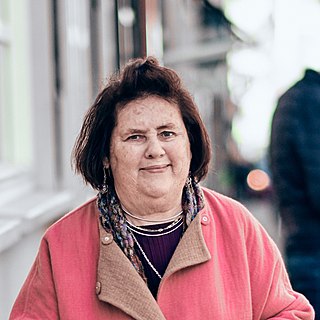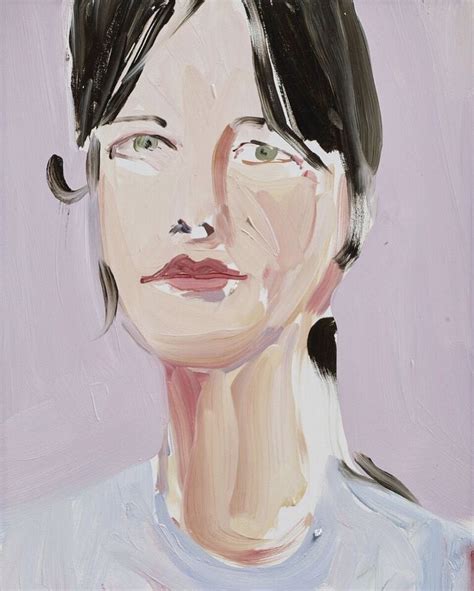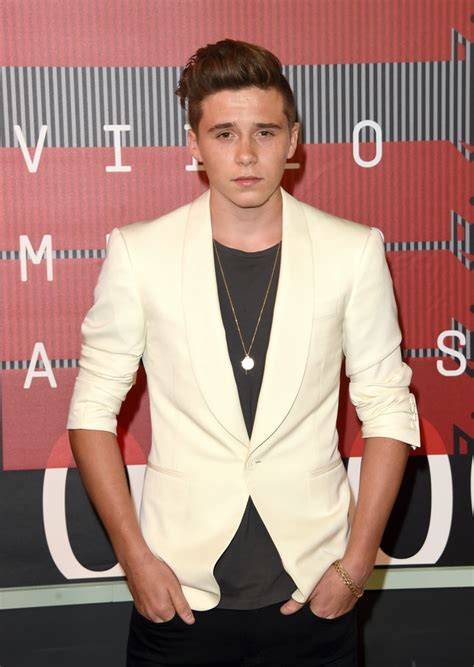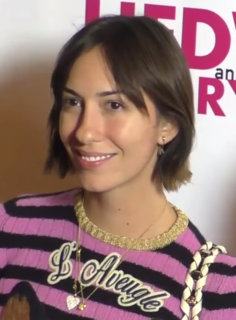Top 1200 Fashion Photography Quotes & Sayings
Explore popular Fashion Photography quotes.
Last updated on October 3, 2024.
I collect art on a very modest scale. Most of what I have is photography because I just love it and it makes me happy and it looks good in my home. I also have a pretty big collection of art books mainly, again, on photography. A lot of photography monographs, which is great because with photography, the art itself can be reproduced quite well in book form.
I think creating the clothes is about creating historical images - and that's about more than fashion. It is about the fashion, the photography, what you are doing in the moment. It's what we call in French rechercher, or the search for that thing. So even though fashion is not scientific, I think being a designer is somewhat like being a scientist.
When I was in the 12th standard itself, I decided to join the Adyar Film Institute and study photography. I specifically chose photography because I see photography as an applied science. There is an artistic element also in it. If you perfect your scientific element, you can attain certain quality.
I love beautiful women. I love to show their personality, their sexuality. There's a fashion side to my erotic pictures: I love beautiful shoes and jewellery. But the erotic work I do is too daring and provocative for a fashion magazine. It's more fun, and if you have the right girl who likes it, more exciting, too. It's fashion photography, but with fewer clothes.
I didn't do well in high school, but I took photography, and I loved being able to capture moments. It led to more and more photography, and fashion was the angle into photography for me. It was incredible to see photographs by Irving Penn or Helmut Newton. I was really intrigued by that, and that's what led me to New York City.
I think the problem is that fashion has become too fashionable. For years, fashion wasn't fashionable. Today fashion is so fashionable that it's almost embarrassing to say you're part of fashion. All the parodies of it. All the dreadful magazines. That has destroyed it as well, because everybody thinks fashion is attainable.
My favorite type of photography - apart from fashion photography - is journalism, which in a way documents something that exists in a very precise moment, that didnt exist in a moment before and will not exist ever again. This has influenced my work a lot - I usually try to make my images look like they just exist, like no effort was put into it.
It's shot by Ben Rayner who I think is very talented at doing portrait photography as well as fashion photography. His images never look like a model. You know, it doesn't look like a faceless model just wearing whatever. There's always personality that comes through. That was quite important for me to capture.
To us, the difference between the #? photographer as an individual eye and the photographer as an objective recorder seems fundamental, the difference often regarded, mistakenly, as separating photography as art from #? photography as document. But both are logical extensions of what photography means: note-taking on, potentially, everything in the world, from every possible angle.
Anthropology... has always been highly dependent upon photography... As the use of still photography - and moving pictures - has become increasingly essential as a part of anthropological methods, the need for photographers with a disciplined knowledge of anthropology and for anthropologists with training in photography has increased. We expect that in the near future sophisticated training in photography will be a requirement for all anthropologists. (1962)
I don't know that there were any rules for documentary photography. As a matter of fact, I don't think the term was even very precise. So as far as I'm concerned, the kind of photography I did in the FSA was the kind of photography I still do today, because it is based on passionate concern for the human condition. That is the basis of all the work that I do.
I was attracted to photography because it was technical, full of gadgets, and I was obsessed with science. But at some point around fifteen or sixteen, I had a sense that photography could provide a bridge from the world of science to the world of art, or image. Photography was a means of crossing into a new place I didn't know.
It was only after a while, after photographing mines and clear-cutting of forests in Maine, that I realized I was looking at the components of photography itself. Photography uses paper made from trees, water, metals, and chemistry. In a way, I was looking at all these things that feed into photography.
Photography really is all about lines, and so is clothing. I worked for Oberto Gili for a couple of years after I was at ICP; we worked in fashion, travel, interior design, everything. I was inspired by his styling choices within fashion photography, and I think those experiences helped steer me towards fashion design. I love photography as a medium, so I think I will always take inspiration from it.
To know whether photography is or is not an art matters little. What is important is to distinguish between good and bad photography. By good is meant that photography which accepts all the limitations inherent in photographic technique and takes advantage of the possibilities and characteristics the medium offers. By bad photography is mean that which is done, one may say, with a kind of inferiority complex, with no appreciation of what photography itself offers: but on the contrary, recurring to all sorts of imitations.


